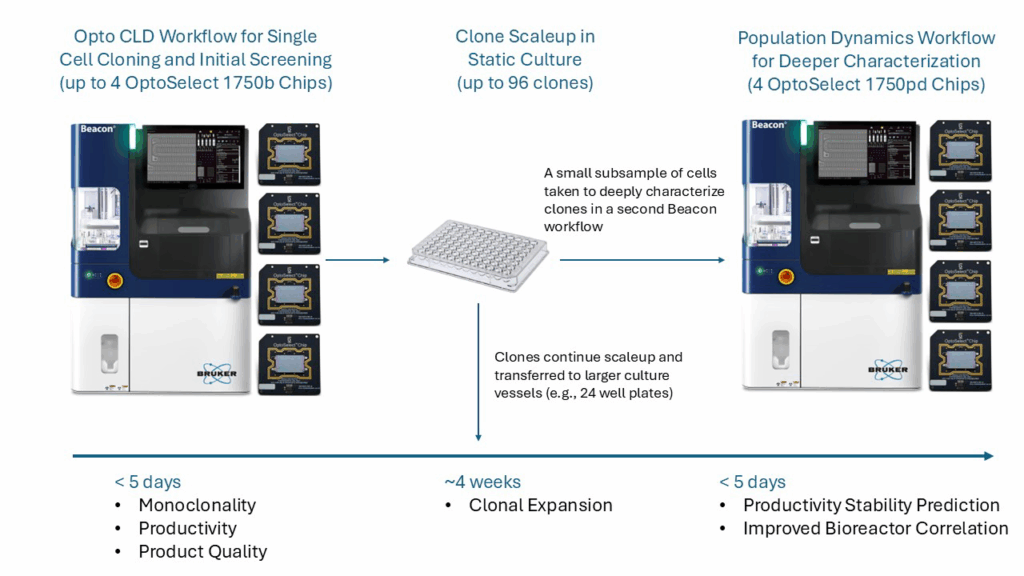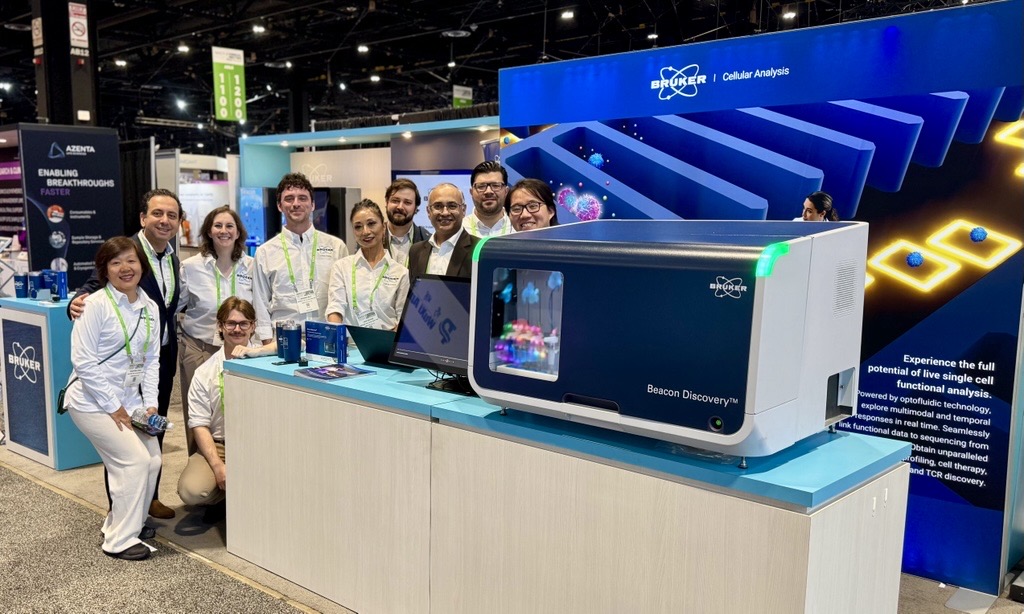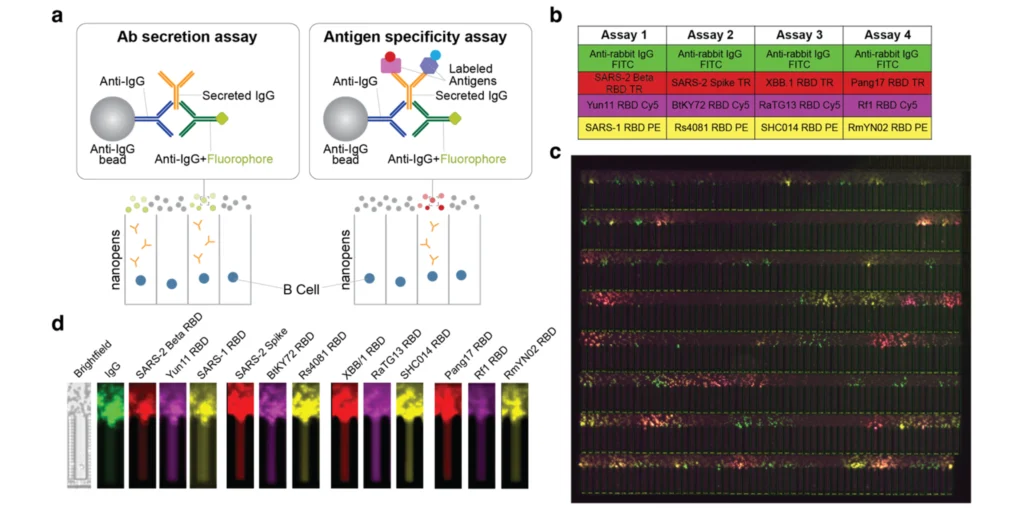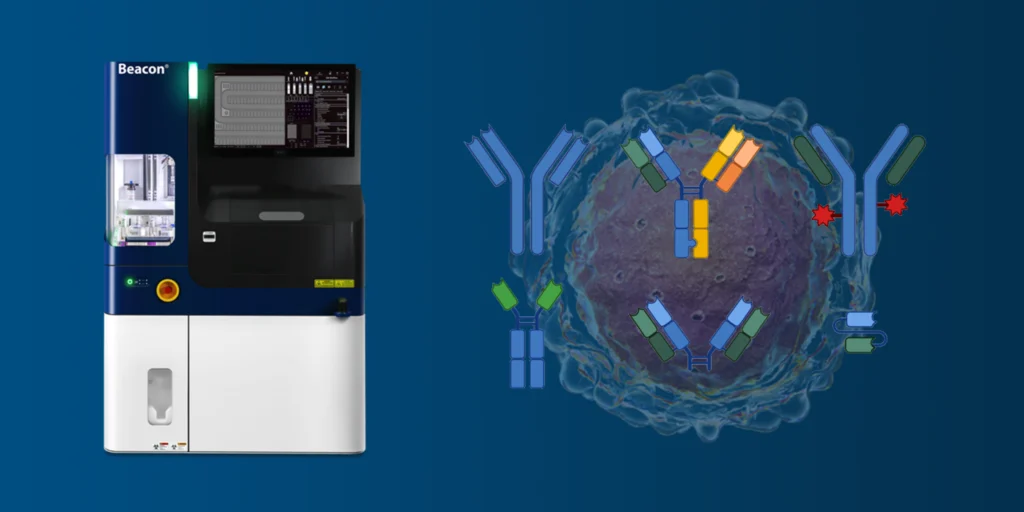Perfusion: The Beating Heart of Single-Cell Biology and Cancer Immunotherapy
Single-cell biology has transformed our ability to uncover cellular diversity and dynamic behavior within complex tissues that are otherwise masked in population-level analyses. Yet, the precision of single-cell data critically depends on how cells are maintained and stimulated during experiments. In static cultures, nutrient depletion and waste accumulation occur rapidly, altering cellular metabolism and gene […]
Perfusion: The Beating Heart of Single-Cell Biology and Cancer Immunotherapy Read More »









